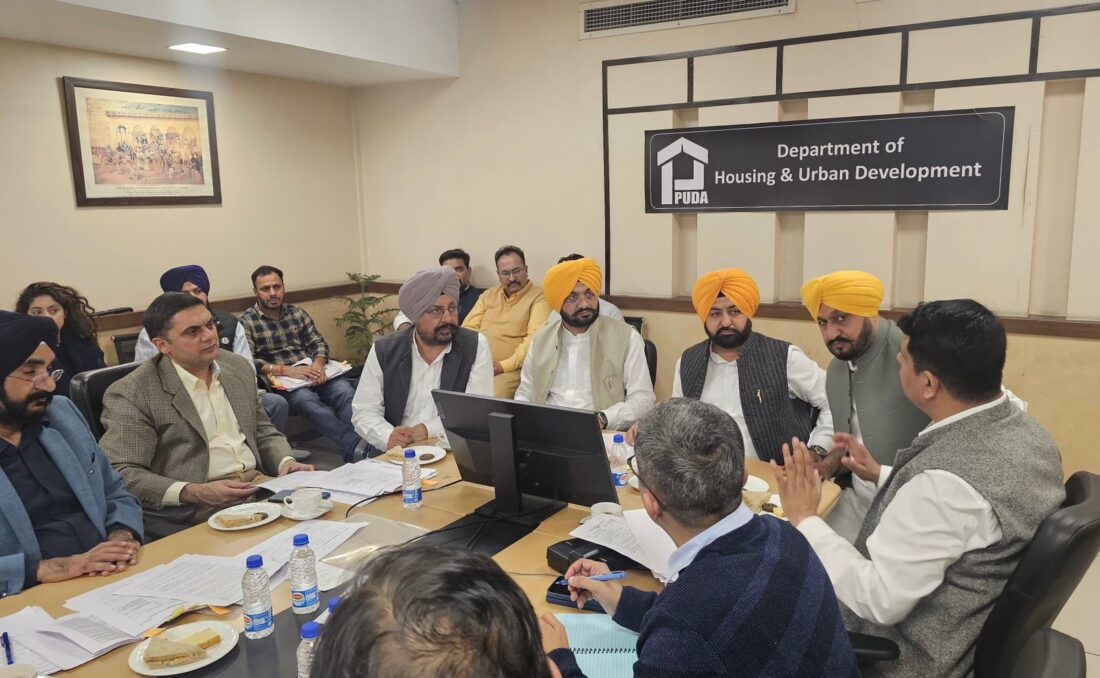North News
Chandigarh, September 20
The iconic laddu offered as prasad at the Tirupati temple has come under controversy following claims that it contains “animal fat.” The Telugu Desam Party (TDP) in Andhra Pradesh stated that a laboratory report allegedly found “beef tallow,” “lard,” and fish oil among the ingredients of the sacred laddu.
The Tirupati laddu holds great significance as it is a unique offering dedicated to Lord Venkateswara, a revered deity in the temple. In Hindu mythology, Lord Venkateswara is considered an incarnation of Lord Vishnu, the preserver and protector of humanity, who helps guide people through the challenges of the dark ages. The laddu is not just a sacred prasad but a symbol of the divine blessings bestowed upon devotees who visit the temple, the news outlet The Hindustan Times reported.

The Tirupati laddu, made by the Tirumala Tirupati Devasthanam, is a staple offering for devotees visiting the famous Tirumala Venkateswara temple. Andhra Pradesh Chief Minister N Chandrababu Naidu alleged that the previous YSR Congress Party (YSRCP) government had desecrated Tirumala, though he assured that a sanitisation process has begun, the news outlet said.
The iconic Tirupati temple laddus are now available both within the temple premises and at designated counters outside. These laddus typically remain fresh for up to 15 days in their packaging.
According to Tirupati Balaji Travels, the laddus are offered in three sizes: small, medium, and large, weighing 40 grams, 175 grams, and 750 grams, respectively. The small laddus, distributed freely to devotees at the Venkateswara temple, are part of the temple’s sacred offerings. The medium-sized laddus are priced at ₹50 each, while the large ones are available for ₹200 per laddu.
The report, said to be from a Gujarat-based laboratory, has outraged Hindu devotees, as beef and other meats are against their religious beliefs. The controversy has escalated into a political blame game between the TDP and YSRCP, with the TDP accusing the previous YSR government of introducing this practice.
















